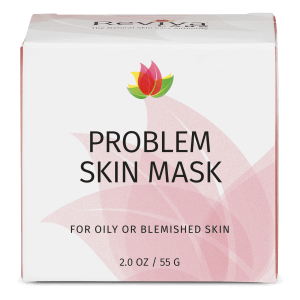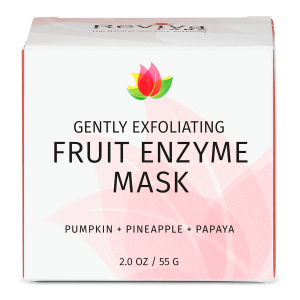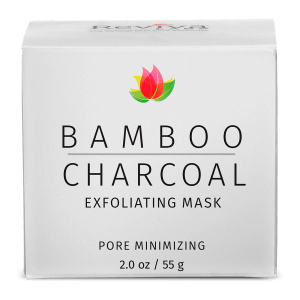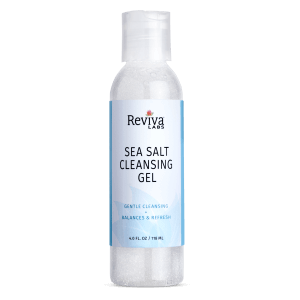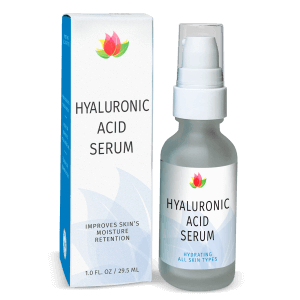Facials have long been a popular choice for those seeking to enhance their skin’s appearance and health. Many people swear by the benefits of regular facials, claiming that they help their skin glow and look more vibrant. But what is it about facials that can lead to this radiant effect? Let’s explore the various aspects of facials and their impact on skin health and appearance.
Understanding What a Facial Entails
A facial typically includes a series of skin treatments designed to improve the complexion. The process often starts with cleansing, followed by exfoliation, extraction, massage, and the application of masks or serums. Each step targets different skin concerns and aims to enhance overall skin health. Cleansing removes dirt, oil, and makeup, while exfoliation helps shed dead skin cells, promoting cell turnover. Extraction clears clogged pores, reducing the chances of acne and blackheads. Massage stimulates blood circulation, which can enhance skin tone and texture. Masks and serums nourish the skin with essential nutrients and hydration.
The Role of Exfoliation in Achieving a Glow
Exfoliation is a critical component of facials that significantly contributes to the glowing effect. By removing dead skin cells, exfoliation reveals the fresh, new skin underneath. This process not only brightens the complexion but also helps other skincare products penetrate more effectively. Regular exfoliation can lead to a smoother, more even skin tone. It’s important to note that while exfoliation is beneficial, it must be done correctly to avoid irritation or damage to the skin.
Hydration and Its Importance for Radiant Skin
One of the primary benefits of facials is hydration. Many facial treatments include hydrating masks or serums that infuse the skin with moisture. Hydrated skin looks plumper, smoother, and more vibrant. Dehydrated skin, on the other hand, can appear dull and tired. By maintaining proper hydration, facials help to restore the skin’s natural glow. Ingredients such as hyaluronic acid, commonly found in facial treatments, are excellent for attracting and retaining moisture in the skin.
Stimulation of Blood Circulation
Facial massage, an integral part of many facial treatments, plays a significant role in enhancing skin radiance. Massaging the skin stimulates blood flow, which increases the delivery of oxygen and nutrients to skin cells. Improved circulation helps in cell regeneration and repair, leading to healthier-looking skin. The enhanced blood flow also gives the skin a natural flush, contributing to the post-facial glow.

Reduction of Stress and Its Impact on Skin
Stress is known to have a negative impact on skin health, often leading to issues like breakouts, dryness, and dullness. Facials provide a relaxing experience that can reduce stress levels. The calming environment, soothing treatments, and gentle massage during a facial can help lower stress hormones in the body. Reduced stress levels contribute to better skin health, allowing the skin to look more refreshed and glowing.
Customizing Facials to Individual Skin Needs
One of the advantages of facials is their ability to be customized to suit individual skin types and concerns. Whether you have oily, dry, sensitive, or combination skin, a facial can be tailored to address your specific needs. Customized facials can target issues such as acne, aging, pigmentation, or dehydration. By addressing these concerns, facials can significantly improve skin appearance and radiance.
Scientific Evidence Supporting the Benefits of Facials
Research supports the efficacy of facials in improving skin health. A study published in the Journal of Clinical and Aesthetic Dermatology found that participants who received regular facial treatments experienced improvements in skin hydration, texture, and overall appearance. The study also noted a reduction in fine lines and wrinkles, indicating that facials can have anti-aging benefits as well.
Long-Term Benefits of Regular Facials
While a single facial can provide immediate improvements, the long-term benefits of regular treatments are even more significant. Consistent facials help maintain skin health by promoting regular cell turnover, maintaining hydration, and keeping pores clean. Over time, regular facials can lead to a more youthful and radiant complexion. Additionally, regular visits to a skincare professional can help identify and address any emerging skin issues before they become more severe.
Home Care and Its Role in Enhancing Facial Results
To maximize the benefits of facials, it’s essential to follow a good home skincare routine. Using products that complement the treatments received during facials can help maintain the results. Cleansing, moisturizing, and protecting the skin from the sun are fundamental steps in any skincare regimen. Incorporating serums and treatments recommended by skincare professionals can further enhance skin health and radiance.
Common Ingredients in Facials and Their Benefits
Facials often include a variety of ingredients known for their skin-enhancing properties. Vitamin C is a popular choice for its brightening and antioxidant benefits. Hyaluronic acid provides deep hydration and plumping effects. Alpha hydroxy acids (AHAs) and beta hydroxy acids (BHAs) are effective exfoliants that improve skin texture and tone. Peptides and retinoids can help with anti-aging by stimulating collagen production and reducing fine lines.
Choosing the Right Facial for Your Skin Type
Selecting the appropriate facial for your skin type is crucial for achieving the best results. For dry skin, a hydrating facial with moisturizing masks and serums can provide much-needed hydration. Oily or acne-prone skin can benefit from a facial that includes deep cleansing, exfoliation, and extractions. Sensitive skin may require gentle, soothing treatments that focus on reducing inflammation and redness. Consulting with a skincare professional can help determine the best facial for your specific needs.
The Psychological Benefits of Facials
Beyond the physical benefits, facials also offer psychological advantages. The pampering experience can boost mood and self-esteem, contributing to overall well-being. Feeling good about one’s appearance can have a positive impact on confidence and mental health. The relaxation and stress reduction associated with facials can also improve overall quality of life.
Facials as Part of a Holistic Approach to Skincare
Facials should be viewed as one component of a holistic approach to skincare. A healthy diet, adequate hydration, regular exercise, and sufficient sleep all play roles in maintaining skin health. Facials complement these lifestyle factors by providing targeted treatments that address specific skin concerns. By integrating facials into a broader skincare routine, individuals can achieve and maintain a radiant complexion.
Facials Are a Valuable Addition
Facials offer numerous benefits that can contribute to glowing skin. From exfoliation and hydration to improved circulation and stress reduction, the various components of a facial work together to enhance skin health and appearance. Regular facials, combined with a good home skincare routine and healthy lifestyle choices, can lead to long-lasting improvements in skin radiance and overall well-being. Whether you’re looking to address specific skin concerns or simply want to enjoy a relaxing and rejuvenating experience, facials are a valuable addition to any skincare regimen.







